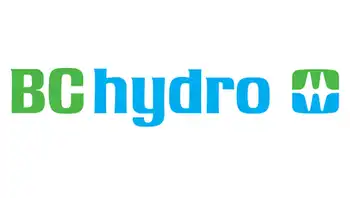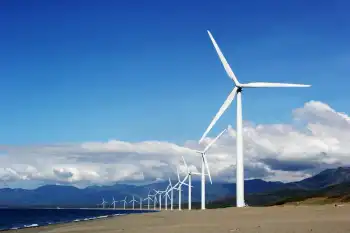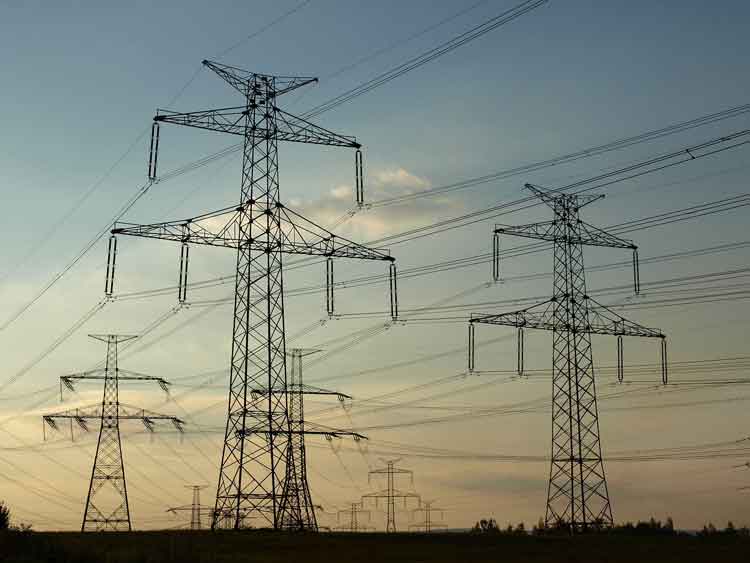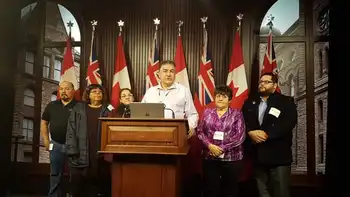Ontario slaps green tax on power bills
By Toronto Star
Substation Relay Protection Training
Our customized live online or in‑person group training can be delivered to your staff at your location.

- Live Online
- 12 hours Instructor-led
- Group Training Available
The levy will appear on hydro bills just as the 13 per cent harmonized sales tax is about to be charged and as smart meters are being phased in, which one industry insider described as "a perfect storm" for consumers already rattled by rising energy costs.
A government document – innocuously entitled "Ontario Regulation Made Under The Ontario Energy Board Act, 1998, Assessments For Ministry of Energy and Infrastructure Conservation and Renewable Energy Program Costs" – outlines the fee in great detail.
"The total amount to be assessed by the (Ontario Energy) Board... is $53,695,310," the five-page regulation states.
It stipulates the assessment be issued by April 15 and the money paid by July 30, but utilities can spread the $4 annual increase to customers in bills over the course of a year. Industrial and commercial ratepayers will also pay the fee.
Progressive Conservative Leader Tim Hudak warned it is "nothing but a sneaky tax grab" by the Liberals.
"This is just the latest in a long series of tax and fee grabs hitting Ontario families through their hydro bill alone," said Hudak, charging the proceeds "will be used to create another Liberal slush fund" for pet initiatives.
Energy and Infrastructure Minister Brad Duguid said the government was aware of the potential for backlash, but that's a small price to pay for cleaner air since conservation makes it easier to phase out coal-fired power plants by 2014.
"When costs go up there's always the concern about consumer reaction," Duguid said in an interview.
"I don't think we ever sneeze at the amount of money because every little bit adds up. But at the same time, it's about $4 for this year for consumers and it's a one-year program. It gets reassessed every year," the minister said.
"The alternative is either to keep polluting the lungs of our kids through coal, or not have a reliable supply of energy, which would be disastrous to our economy and to our quality of life," said Duguid.
"This... gets us out of dirty coal, which is harming our health and the health of our kids and grandkids in the future, and it ensures that we have a reliable and sustainable supply of energy... for future generations," he said.
"When consumers think it through, this is something consumers should be embracing as something that we all have to do together to create this 'green revolution' in Ontario."
Duguid said the money would pay for home energy audits and a program that helps industrial and commercial firms switch to solar power.
Promoting conservation is part of Premier Dalton McGuinty's push to transform Ontario into a leading jurisdiction for green energy, such as solar and wind power.
"Conservation is the most economical way for us to ensure that we have enough energy supply going forward into the future. So it's more economical than producing more green energy, more economical than modernizing our nuclear fleet," said Duguid.
"So it is the best bang for the buck for the consumer. But there's a cost to it. It's modest, but there's a cost to it. Frankly, there's no better alternative for consumers than improving our conservation efforts."
Critics say the timing is lousy for ratepayers because as of July 1, when the provincial sales tax is harmonized with the federal goods and services tax, consumption levies on utility bills will be 13 per cent instead of 5 per cent. (Currently only the 5 per cent GST is charged on such bills, not the 8 per cent PST.)
"When you combine this new charge with HST and soaring costs due in part to smart meters, it's the perfect storm for consumers," said one industry official.
NDP Leader Andrea Horwath said the pain never seems to subside for electricity ratepayers.











